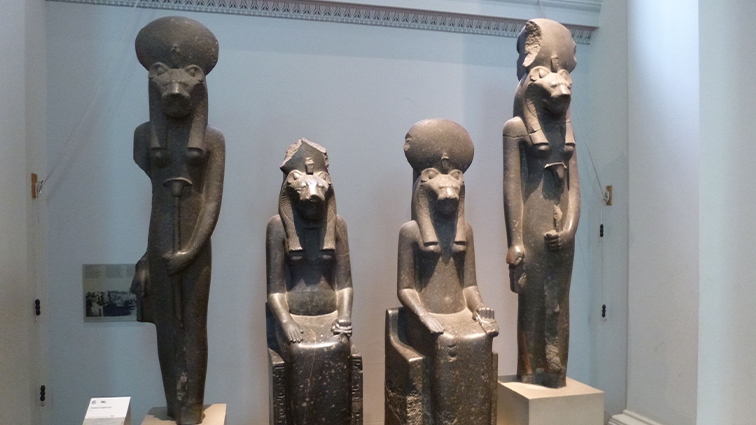The spread of a video clip showing negotiations to sell antiquities from within the Wafd Party, and the ensuing uproar and decisions to dismiss and drop membership, brought the file of trade and smuggling of Egyptian antiquities abroad to the forefront.
In this context, Dr. Magdy Shaker, chief archaeologist at the Ministry of Tourism and Antiquities, explained that Egyptian antiquities are divided into three main sections. The first includes antiquities displayed in Egyptian museums or warehouses, and they are fully registered and cannot be lost even if they are stolen, as they are protected by international laws under Register it.
The second section includes antiquities owned by some large families in Egypt, and subject to “possession” laws. These antiquities have been inherited by families over the years, but they are vulnerable to tampering and forgery, which allows them to be sold or smuggled illegally.
The third section is antiquities that are illegally excavated and sold without registration, which makes their recovery impossible in accordance with international laws.
Shaker explained that this type of antiquities causes many problems, as religious fatwas spread that allow individuals to keep the treasures they find, in addition to great financial temptations from the antiquities mafia, which encourages illegal excavations.
Shaker pointed out that the world’s museums rely heavily on Egyptian antiquities, as the British Museum alone contains about 110,000 Egyptian antiquities, most of which were smuggled, stressing the need to amend international laws to protect Egypt’s right to these antiquities.
Shaker noted the efforts made by the Egyptian authorities to recover smuggled antiquities, which sometimes succeed in recovering some pieces from different countries.
Shaker said, “Egyptian antiquities are unmistakable to the eye, and you do not need an expert to know that the antiquity in front of you is an antiquity of ancient Egyptian civilization, and it is antiquities distinguished by their shape, writing, drawing, and colors. And if international laws will encourage countries to acquire our antiquities and not return them, then at the very least we reserve the right to ourselves.” Literary intellectual property for the benefit of Egyptian civilization.”
Egypt… Building collapse in Dakahlia kills a child and injures two women (photos + video)
